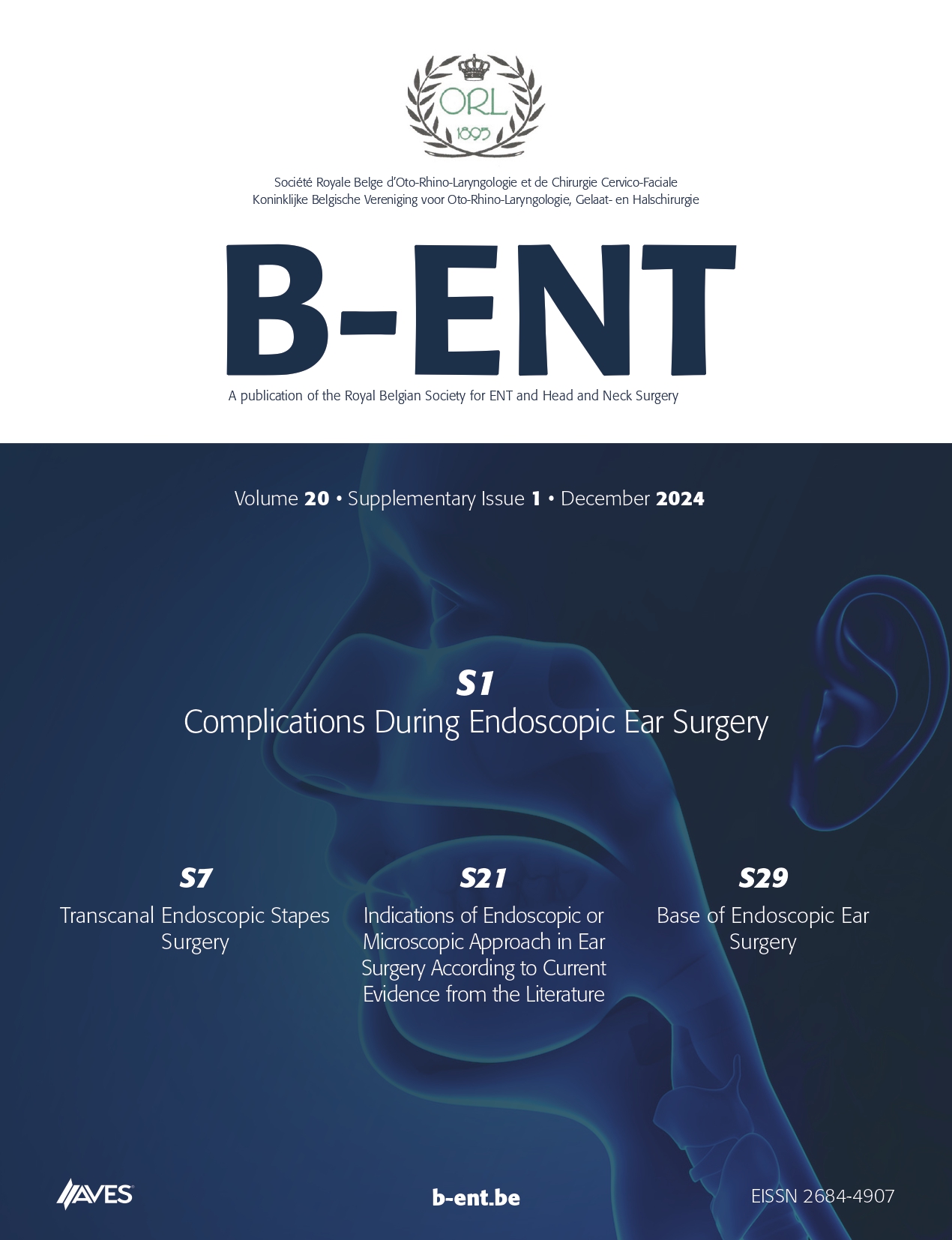Impact of endoscopic sinus surgery on the quality of life of patients with nasal polyposis. Objectives: Chronic sinusitis with polyposis (CSWP) is associated with high direct and indirect annual costs. This condition affects several aspects of daily life, and CSWP patients usually suffer from decreased quality of life (QOL). Treatment with functional endoscopic sinus surgery (FESS) is reported to improve the QOL of patients with CS. Here we evaluated the factors that affected QOL improvement in CSWP patients who were candidates for FESS.
Methods: All patients with CSWP who were treated at the Imam Khomeini Hospital Complex in Tehan, Iran that were candidates for FESS were recruited. Patients with systemic or neurologic diseases that could affect their QOL were excluded. Clinical signs were recorded before and after FESS using the sinonasal outcome test (SNOT-22) and QOL questionnaires. The patient’s history of allergic rhinitis, aspirin sensitivity, asthma and smoking was recorded. QOL and associations with clinical features were evaluated within twelve months after FESS.
Results: The study included 47 patients with a mean age of 39.5 ± 15.4 years (61.7% women). FESS resulted in significant improvements in QOL based on the SNOT-22 and QOL questionnaires (p = 0.0001 for both). Septal deviation was the only single characteristic that was significantly associated with QOL improvements.
Conclusion: FESS significantly improved the QOL of patients with CSWP. However, patients with septal deviation benefited the most from FESS.



.png)
